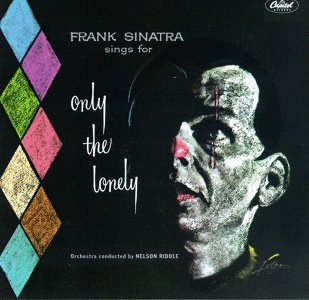Gary Silver is a federal appeals court judge, who is literally awakened from a recurring nightmare one morning by a telephone call from the President of the United States. The call, to offer him a position on a suddenly vacated seat on the Supreme Court, will reshape the balance of the court for years to come. The time is the indefinite present; the issue, definitely timely.Silver is both surprised and overwhelmed by the offer, but gratefully accepts. The president puts him in touch with Sid Miller, a former senator, whose job is to manage the nomination process through a conservative dominated Judiciary Committee.
He has all the credentials for a model justice. An honors graduate of Harvard Law School, Silver was a nationally recognized professor at Columbia Law School, until he was tapped by the president eight years earlier to be a federal judge. Since that time, he has served with distinction, amassing a record as a thoughtful and careful jurist. To the extent his judicial philosophy could be categorized, he is a progressive moderate.
In addition, Silver’s history is linked with one of the signal events of the post-war period. He was among the band of young activists who went down south in the summer of 1964 to help break down the fortified walls of segregation. While undergoing training for the Mississippi Summer Project, Silver met and fell in love with a young African-American Vassar student named Eleanor Williams. Eleanor, however, was torn between her feelings for Silver, a white man, and Derrick Rogers, the charismatic black militant leading the project. When Rogers is kidnapped by a band of southern vigilantes, Eleanor begs Gary to try to rescue him. The circumstances under which he fails to save Rogers’s life is the source of the nightmares that have since plagued him. In the hearings, they come back to haunt his entire family as well.
After barely escaping with his own life, Silver and Williams are whisked out of the area by the FBI. In order to protect a confidential informant, the case is never brought to light (although the confirmation process will ultimately revive the investigation at great risk to all involved). When, a few weeks later, Eleanor announced her pregnancy, Gary (though unsure as to whether he or Rogers was the father), is quick to propose. Despite both parents’ warnings of the perils of intermarriage, Gary marries Eleanor and raises the boy as his own. In addition to the son they have named after their slain civil rights colleague, the couple has a daughter. While the attractive and successful young woman easily adjusts to her bi-racial status, their son struggles with his racial identity to the point of assuming the parentage of his namesake and aiding Gary’s enemies. The family’s years together involve issues of infidelity, abortion, child rearing, and love, as two strong-willed people work to survive a crisis and heal the wounds between themselves and their children.
Although initially lauded as a civil rights hero, the truth behind Silver’s Mississippi experience and the death of their martyred colleague proves more ambiguous. In addition, a short but intense love affair with a  Marxist student of his some thirty years before comes back to haunt him, as both issues infect the volatile confirmation process, involving the media, the FBI, the senate leadership, and the president. The book’s primary theme is the increasingly politicized process of judicial confirmation hearings. Here, the stakes are so high, and the secrets so damaging, that even murder becomes an option. In the end, two sets of fathers and sons learn the cost of “Justice Delayed.”
 Some audio clips from the CD have been posted, in MP3 format. The clips are about a minute long, and go to the first bridge in the songs.
Some audio clips from the CD have been posted, in MP3 format. The clips are about a minute long, and go to the first bridge in the songs.
 John on the radio:
John on the radio: Part 1: “Only the Lonely” – Frank Sinatra and the Concept Album
Part 1: “Only the Lonely” – Frank Sinatra and the Concept Album